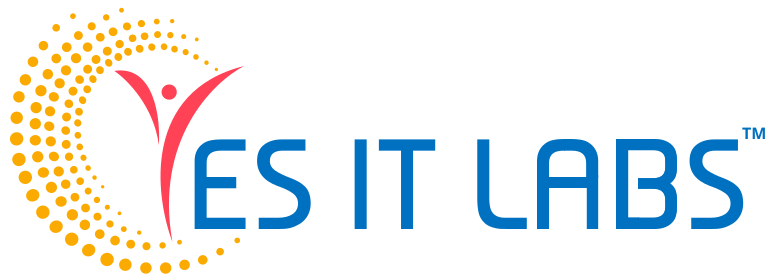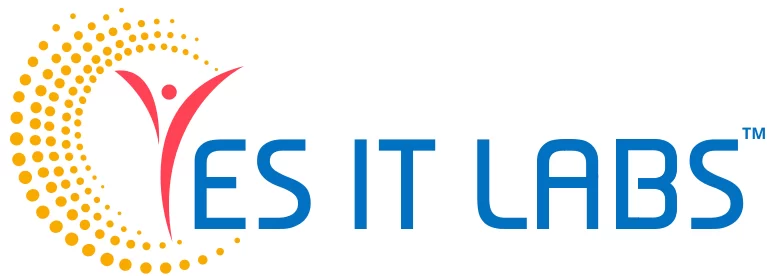In the dynamic realm of web development, choosing the right toolkit is crucial for ensuring success. Two popular players in the game, Webflow and WordPress, offer distinct approaches to website creation. Whether you’re a business owner looking to establish an online presence or a developer seeking the best platform for your projects, understanding the strengths and weaknesses of both Webflow and WordPress is essential.
The Webflow Advantage: Design Freedom and User-Friendly Interface
If you’re a creative soul or a design-centric individual, Webflow may be the canvas you’ve been searching for. Its visual interface empowers users to design and customize websites without diving into the intricacies of coding. The drag-and-drop functionality and the real-time preview feature make it a delightful experience for those who want to see their designs come to life instantly.
Webflow provides an extensive collection of templates, ensuring a quick start for users who might not have design expertise. The platform’s responsiveness is another feather in its cap, allowing designers to create websites that adapt seamlessly to various screen sizes and devices.
Why Hire a Webflow Developer?
Hiring a Webflow developer becomes crucial for businesses aiming for unique, visually appealing websites. These professionals possess the expertise to leverage Webflow’s capabilities fully, ensuring that your website not only looks fantastic but also functions seamlessly.
The WordPress Powerhouse: Robust and Versatile
WordPress, on the other hand, is the seasoned veteran of the web development world. Powering over 40% of websites globally, it has earned its reputation as a reliable and versatile content management system (CMS). WordPress is the go-to choice for those who value a vast ecosystem of plugins, themes, and a supportive community.
Content creation and management are WordPress’s forte. Its intuitive backend interface makes it easy for even non-tech-savvy users to update content regularly. The platform’s open-source nature also means that developers can extend its functionality by creating custom plugins and themes.
Why Opt for a WordPress Development Company?
Choosing a WordPress development company ensures that your website is in the hands of professionals who understand the intricacies of this robust CMS. From customizing themes to optimizing performance, these experts bring a wealth of experience to the table, ensuring that your WordPress website stands out in a crowded digital landscape.
Making the Decision: Webflow vs WordPress
When faced with the decision of Webflow vs WordPress, it ultimately boils down to your specific needs and preferences.
Choose Webflow if:
- You prioritize design freedom and visual creativity.
- Quick and easy prototyping is essential for your projects.
- Your project demands a responsive and visually stunning website.
Choose WordPress if:
- You value a vast ecosystem of plugins and themes.
- Content management and regular updates are a priority.
- You want a reliable and time-tested solution with a strong community.
Conclusion: The Right Toolkit for Your Success
In the ever-evolving landscape of web development, the choice between Webflow and WordPress is not a one-size-fits-all decision. Each platform has its strengths, and the key is aligning those strengths with your specific goals.
Whether you opt to hire a Webflow developer for a visually immersive experience or engage a WordPress development company for a robust, content-driven website, success lies in understanding your project requirements and choosing the toolkit that best suits your needs. So, dive into the world of web development with confidence, armed with the knowledge of these two powerful tools at your disposal.






